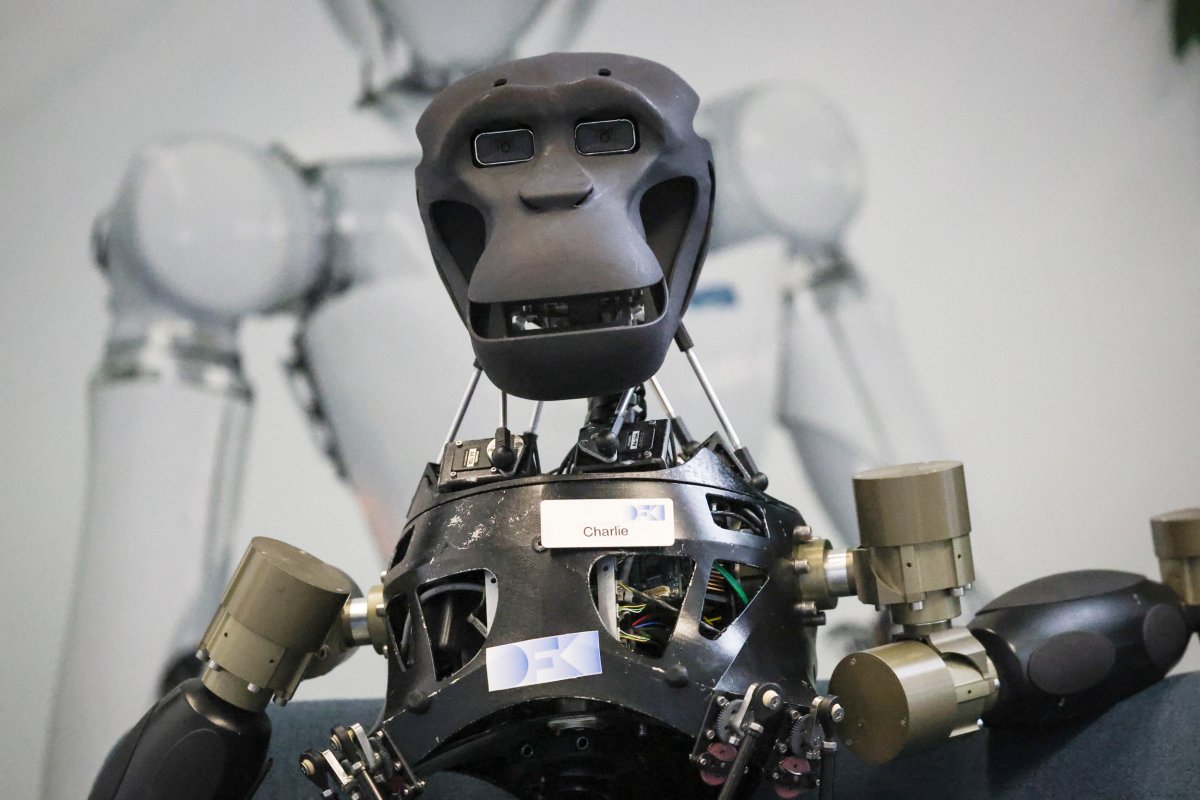Artificial intelligence (AI) may turn out to be the "technology that shapes this century," but fast action is needed in order to keep its development on a positive track and mitigate the larger risks it poses, according to an international group of leading technology experts.
Twenty-three academics and tech experts have signed on to a new document raising concerns about rapid advancements in AI. In the document, titled "Managing AI Risks in an Era of Rapid Progress," they proposed a few policies for major tech companies and governments that they said could help "ensure responsible AI development." Geoffrey Hinton, the computer scientist known as the "Godfather of AI" who recently warned there is a risk AI could one day "take over" from humans, is one of the document's credited authors.
The document was published on Tuesday, just days before the United Kingdom (U.K.) is set to host the world's first global AI Safety Summit. The two-day summit, which begins on November 1 in England's Bletchley Park, is expected to focus on emerging AI tools known collectively as "frontier AI," according to the U.K.'s Department for Science, Innovation & Technology (DSIT). Summit organizers have said attendees will explore both the potential benefits and risks of AI and how international collaboration could help a world grappling with the uncertainties surrounding AI's future.

"Managing AI Risks in an Era of Rapid Progress" starts by noting that GPT-2, one of AI company Open AI's early language models, "could not reliably count to ten" just four years ago. There have been significant advancements with chatbots in the years since, with OpenAI's own ChatGPT now capable of responding to visual, audio and text-based prompts. The chatbot was estimated to have more than 180 million global users by August, less than a year after its November 2022 launch, according to Reuters.
"Progress in AI has been swift and, to many, surprising," the group of tech experts wrote, adding its development speed "may surprise us again."
It is unknown how long it will take to iron out some of the issues holding AI back, but even some existing tools have already surpassed humans. Given the current amount of attention and funding being poured into AI development, "we must take seriously the possibility that generalist AI systems will outperform human abilities across many critical domains within this decade or the next," the experts wrote.
Some people say AI could be beneficial to industries like healthcare, drug development and transportation. The World Health Organization recently acknowledged these potential benefits while calling for regulation, saying in an October 19 press release that AI could "transform the health sector" in a positive way.
However, those with knowledge about AI also say it could pose grave risks if the international community does not agree on and adhere to guidelines for its development.
"The opportunities AI offers are immense. But alongside advanced AI capabilities come large-scale risks that we are not on track to handle well," experts wrote for Tuesday's document.
Moving forward, the authors recommended that major tech companies working on AI tools reserve at least one-third of their research and development budgets for AI safety and ethical use. They urged governments to create AI oversight procedures and "set consequences" for harms attributed to AI. Frontier AI should also be audited before it is set loose in the world, and AI developers should be held responsible for "reasonably seen and prevented" harm caused by AI.
When reached for comment about the tech experts' concerns and recommendations, a spokesperson for the U.K.'s DSIT told Newsweek that department officials "recognise the pace of change on AI and will work closely with partners to understand emerging risks and opportunities to ensure they are properly addressed."
"That is why we are convening the AI Safety Summit, which will bring together a wide array of attendees including international governments, academia, industry, and civil society, as part of a collaborative approach to drive targeted, rapid international action on the safe and responsible development of AI," the spokesperson added.
Uncommon Knowledge
Newsweek is committed to challenging conventional wisdom and finding connections in the search for common ground.
Newsweek is committed to challenging conventional wisdom and finding connections in the search for common ground.
About the writer
Meghan Roos is a Newsweek reporter based in Southern California. Her focus is reporting on breaking news for Newsweek's Live ... Read more





